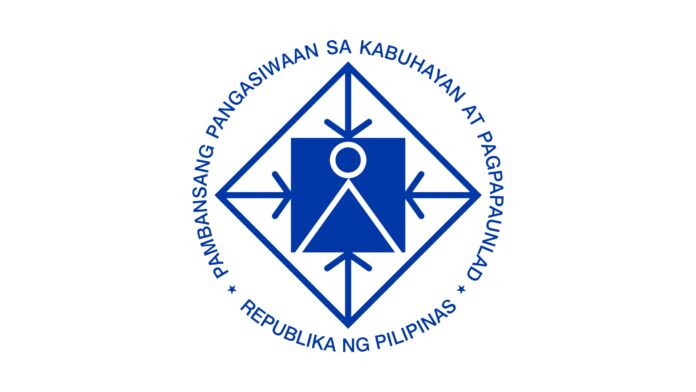The National Economic and Development Authority (NEDA) is proposing to do away with the outdated practice of requiring a legislative franchise for telecom companies to attract more players and further boost broadband services in the country.
“The legislative franchise requirement for telecommunications service providers presents a major barrier to market entry, hindering innovation and competition,” NEDA said.
“By removing this requirement and transitioning to a general authorization regime, the sector can attract more investments and encourage new entrants,” it added.
The proposal, according to NEDA, is consistent with global best practice and expected to stimulate growth and development in the telecommunications industry.
“The Philippines is the only country in the world, and the only one in the ASEAN region, that requires a legislative franchise for the set-up of a telecommunications entity or a data transmission entity,” NEDA said.
“Securing a legislative franchise is costly and creates uncertainty for businesses which can deter investments,” it added.
NEDA said regulators in other countries grant licenses as a matter of course and the payment of a modest licensing fee. Entry could also be based on a technical evaluation of network and business plans.
The NEDA supports the passage of the Open Access in Data Transmission Bill to improve internet services in the country. The bill aims to establish open access policy, create a comprehensive spectrum management framework, and revamp the franchise and licensing regime for the entry of new market players.
Specifically, it promotes more competition in the telecommunications sector by removing the legislative franchise requirement for players seeking to build their network. Another proposed reform seeks to rationalize access and use of the country’s limited spectrum resources.
These reforms are crucial to accelerating the digitalization process and create a dynamic innovation ecosystem as key elements to the country’s transformation agenda as outlined in the Philippine Development Plan (PDP) 2023-2028.
The measure also forms part of the Common Legislative Agenda (CLA) of the Legislative-Executive Development Advisory Council (LEDAC) chaired by President Ferdinand R. Marcos, Jr.







